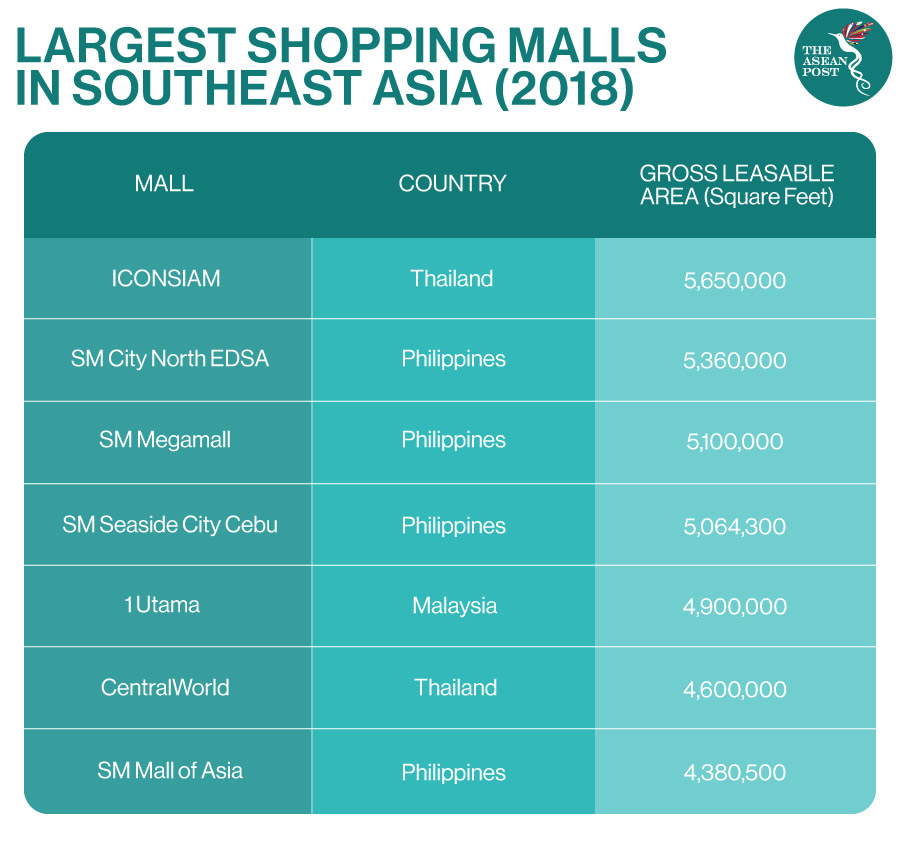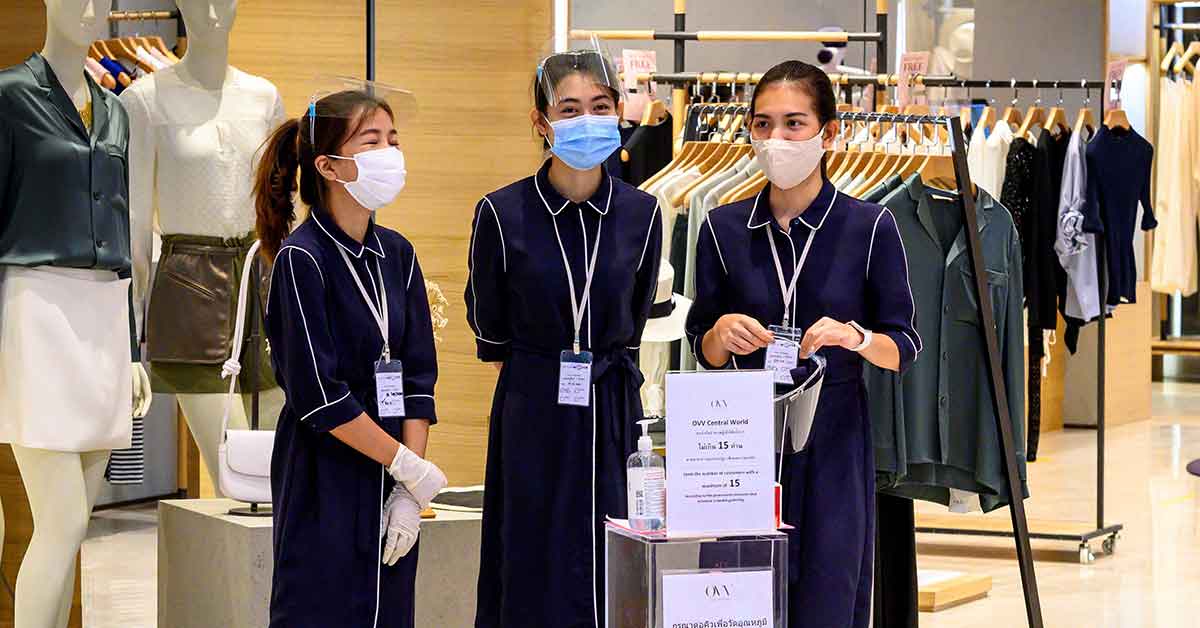The coronavirus crisis has made many of us paranoid. Fear and anxiety intensify as the number of worldwide infections inch towards the six million mark. To date, over 350,000 people have succumbed to the deadly virus. Governments have imposed drastic measures to contain the virus such as citywide lockdowns and travel curbs. Nevertheless, several countries like ASEAN member states Malaysia, Thailand and Lao PDR have started easing their virus restrictions as infections appear to be plunging each day. Some industries and businesses have resumed operations – including shopping malls.
Over the weekend, Muslim-majority Malaysia celebrated Eid-ul-fitr and enjoyed a four-day long holiday. The country had already begun relaxing its partial lockdown, known locally as the Conditional Movement Control Order (CMCO). Nevertheless, the standard operating procedures (SOPs) under the CMCO are still strictly enforced for citizens to abide by. For example, the one-day Eid-ul-fitr celebration was only limited to 20 people per house. Other than that, face masks are required when outside and parents are advised to not bring their children to public places.
So, imagine my horror when an urgent need for some necessities brought me to a local mall - which was crowded with people of all ages; adults, teenagers, children and even toddlers. The swarm of people in the mall could perhaps have been because of the long weekend. Although almost everyone seemed to be wearing face masks, social distancing was a difficult thing to enact as the mall was packed – giving the false impression that the worst of the pandemic was over.
“It’s quite scary to see so many people at the mall when we are supposed to practice social distancing. We were in several sports apparel shops earlier. The space in the shop was tight. There is no way for social distancing between customers who are in these shops,” explained Muhammad Kamal to local media in Malaysia.
This sight could also be seen in other countries which have relaxed their virus restrictions.
In mid-May, shopping centres in Thailand reopened to flocks of masked shoppers waiting in long queues – eager for some retail therapy. Nevertheless, the kingdom continues to report single-digit COVID-19 cases everyday – with returnees to the country as the major source of the new infections.

New Reality?
Asia is known for its mall culture. China, Thailand and the Philippines house some of the largest shopping malls in the world. Although e-commerce sites are thriving amid the pandemic, nothing can replace traditional retail and the social interaction that comes with it.
"Mentally, it makes me feel better that all the malls are now opened," Thai shopper Taewich Penpattakul told reporters.
With the COVID-19 virus still looming around the world, a few guidelines or what is popularly known as the ‘new normal’ have been implemented for both, customers and retailers in malls.
Some basic preventive measures include the recording of body temperature of workers and shoppers, as well as preparing hand sanitisers. The initiative is not just enacted when entering a mall, but also before entering every individual shop within the mall. For many shops observed, only a certain number of people are allowed in at a period of time. Albeit necessary to contain the virus –this results in long queues outside shop premises.
It was reported that some malls have even rolled out QR scanning health checks via their mobile applications. This can be seen in numerous shopping malls such as Malaysia’s 1 Utama Shopping Centre.
"This is an initiative by 1 Utama to ease contact tracing (should there be an infection in the vicinity) as required by the National Security Council,” said the mall’s public relations manager Lee Li Lian.
Shoppers are also required to provide their contact information before stepping inside a mall.
According to the Massachusetts Institute of Technology (MIT) Medical, some of the ways to protect oneself and others from the COVID-19 virus is by avoiding touching the face and keeping surfaces clean. However, in a public space – it is uncertain if areas and items are sanitised properly. Because of this, shoppers in Malaysia are not allowed to use fitting rooms in retail shops. Makeup trial services and food tastings are also suspended for the time being.
What about eateries and food courts at shopping malls? Based on observations and media reports, most restaurants that have reopened are following social distancing guidelines. Nevertheless, maintaining the ambience is perhaps the biggest challenge.
In Malaysia, eateries have marked spots, tables and chairs that are off limits for customers to ensure social distancing. It was reported that some restaurants only made available a few dishes from the menu in order to limit interaction between kitchen staff. Even sinks in bathrooms are lined with red tape alternately to keep customers from accidentally brushing against one another.
Whereas in neighbouring Thailand, partitions made with plastic sheets have been erected for diners at a few restaurants in the capital city of Bangkok, according to local media. Provincial authorities are also reported to be inspecting restaurants and shops to limit the spread of the virus.
Despite these preventative guidelines and measures to curb the COVID-19 virus, not everyone adheres to the rules. Of course, for children – it is difficult to ask them to not touch public surfaces such as toys at shops and escalator handrails. Therefore, it is highly encouraged for parents to not bring their kids with them when out shopping.
However, it is acknowledged that such advice could be tricky especially for single parents who have no one to care for their children. But, in order to keep yourself and families safe, the best thing to do is to not take any risks – this includes avoiding all crowded areas.
Until a viable vaccine is developed, some of these measures are likely to stay indefinitely.
Related Articles:
